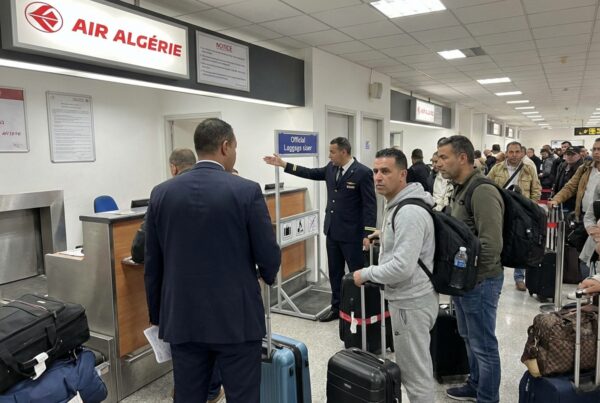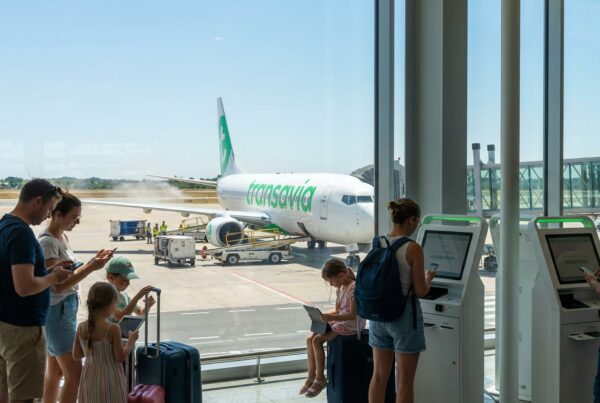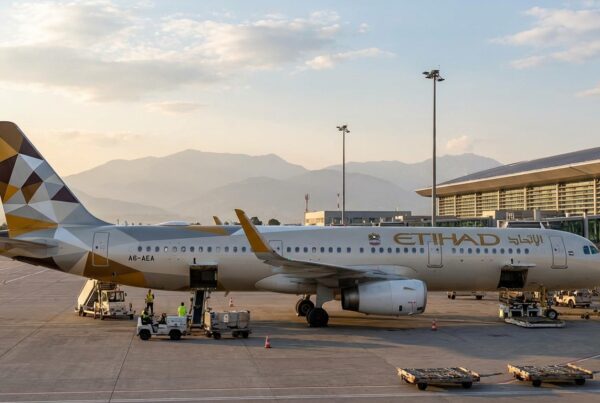The recent decision byEmirates prohibit the use of external batteries (or power banks) on board is raising many questions among passengers. Announced as a safety measure, this restriction directly affects connected travelers, nomadic workers and vacationers ready to recharge their devices during the flight. To avoid surprises and inconveniences, it is now essential to understand the reasons for this and to take the necessary steps before departure.
Why Emirates bans external batteries on board
The ban is primarily intended to reduce the risk associated with lithium batteries, commonly used in external batteries. These batteries have athermal runaway when damaged, poorly certified or overloaded. Even a rare incident of this kind in the cabin can release toxic fumes or cause a fire that is difficult to control at altitude. Safety of passengers and crews comes first, and Emirates has chosen to act preventively.
The specific characteristics of lithium batteries and in-flight risks
Lithium-ion batteries offer high energy density, making them the standard choice for smartphones, tablets and power banks. This characteristic also explains their sensitivity: a cell failure can lead to a rapid rise in temperature and a chain reaction. In a confined environment such as an airplane cabin, the likelihood of a critical situation imposes strict rules, which some airlines are adapting more restrictively.
Cabin vs. hold: why the distinction is important
Most international regulations allow batteries to be carried in the cabin rather than in the hold, precisely because the crew can intervene quickly in the event of an incident. By prohibiting the use of power banks in flight, Emirates wishes to ensure that these devices remain under the direct supervision of the passenger and, if necessary, the crew. In certain cases, the company requires that these batteries be stored in an accessible place and switched off for the duration of the flight.
What to do before you travel: practical advice for passengers
Anticipating the rule avoids stress and complications at boarding. Always check the airline's policy at the time of booking and before departure, as rules may change. If you plan to take a external batteryIf you're using a power bank, make sure you know its capacity in Wh (watt-hours); many regulations limit the permissible power and require a declaration for units above a certain threshold. Physically protect your power bank in its original packaging or with impact protection, and avoid exposing it to heat or humidity before flying.
How to transport your batteries correctly
Place batteries in your carry-on baggage and prevent short-circuits by insulating the terminals (e.g. with tape). Avoid packing damaged or swollen batteries in your luggage. If you're carrying several batteries, spread them out to limit the concentration of energy in one place. If in doubt, contact theEmirates or the boarding agent before going through the security gate.
Alternatives for staying connected without a power bank
If you can't use an external battery in flight, plan ahead: fully charge your devices before departure, activate energy-saving modes and limit power-hungry applications. Airports sometimes offer recharging stations, and some airlines equip their aircraft with USB sockets or in-seat power outlets. Thinking about an extra cable or a low-capacity battery that complies with the regulations may prove useful.
Key information
Flywest reports that theEmirates is designed to prevent any incidents involving lithium batteries in the cabin, and to ensure rapid intervention by the crew if necessary. Passengers should consult the company's official pre-trip policy and declare any batteries exceeding authorized thresholds.
Important reminder: batteries must be carried in carry-on baggage, protected against short-circuits and in good condition. Batteries that are damaged or show signs of swelling must not be taken on board.
Finally, adapt your preparation: optimize the load on your aircraft, explore the solutions offered by the airport or airline and, if you have any questions at boarding time, call on the assistance of theEmirates or security guards to avoid denied boarding or confiscation.




